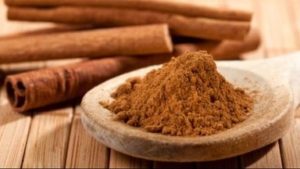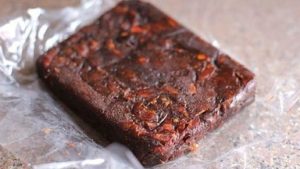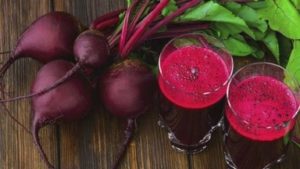Thousands of prescriptions, hidden in your own kitchen!
It is often said that tension and stress is a termite, which gradually hollow the body. In this case, women are observed to be in more stress and tension than men. Women do not even want to overcome themselves, due to which they have to face many problems. The biggest impact of stress is on women’s periods. Irregular periods are the problem of almost every woman. But to deal with them, you do not have to go to the doctor, but this irregularity can be fixed even by some home remedies. Let’s learn how-
Cinnamon- To regulate irregular periods, it is better to turn to home medicines and find the cure in kitchen. Dieticians also explain that periods can be regularized only by the content used in the day. Cinnamon kept in the kitchen is proven to be a panacea. It is beneficial in protecting against pain during this period. Not only this, hydroxychlacon present in it maintains the level of insulin.
To regulate irregular periods, it is better to turn to home medicines and find the cure in kitchen. Dieticians also explain that periods can be regularized only by the content used in the day. Cinnamon kept in the kitchen is proven to be a panacea. It is beneficial in protecting against pain during this period. Not only this, hydroxychlacon present in it maintains the level of insulin.
Mix a spoonful of fresh cinnamon powder in a glass of milk and add it regularly to your routine. If you can not drink milk, then it can be included in many other ways. For example, tea can be taken in your daily routine.
 2. Tamarind or sour foods- To keep your menstrual constant , sour foods such as tamarind can be included in their life. Tamble of the tamarind has proven to be very beneficial.
2. Tamarind or sour foods- To keep your menstrual constant , sour foods such as tamarind can be included in their life. Tamble of the tamarind has proven to be very beneficial.
If so, keep the tamarind soaked in water for an hour. Now add salt, sugar and powdered cumin powder. Take this tasty and workaround drink once in two days.
 6. Beetroot- Dieticians say that many essential nutrients and iron, folic acid etc. are found in beetroot, which are really effective in regularizing irregular menstrual periods. It helps to correct the balance of hormones, so try to eat beetroot juice or salad in your everyday diet.
6. Beetroot- Dieticians say that many essential nutrients and iron, folic acid etc. are found in beetroot, which are really effective in regularizing irregular menstrual periods. It helps to correct the balance of hormones, so try to eat beetroot juice or salad in your everyday diet.
While beetroot also increase the level of hemoglobin in blood. You can add it to your routine in many ways. Drink juice, eat salad, fry it with veggies and eat with chapati etc. Along with this, you can also grind it with cucumber and add them both in curd and have it in the form of ‘raaita’.




